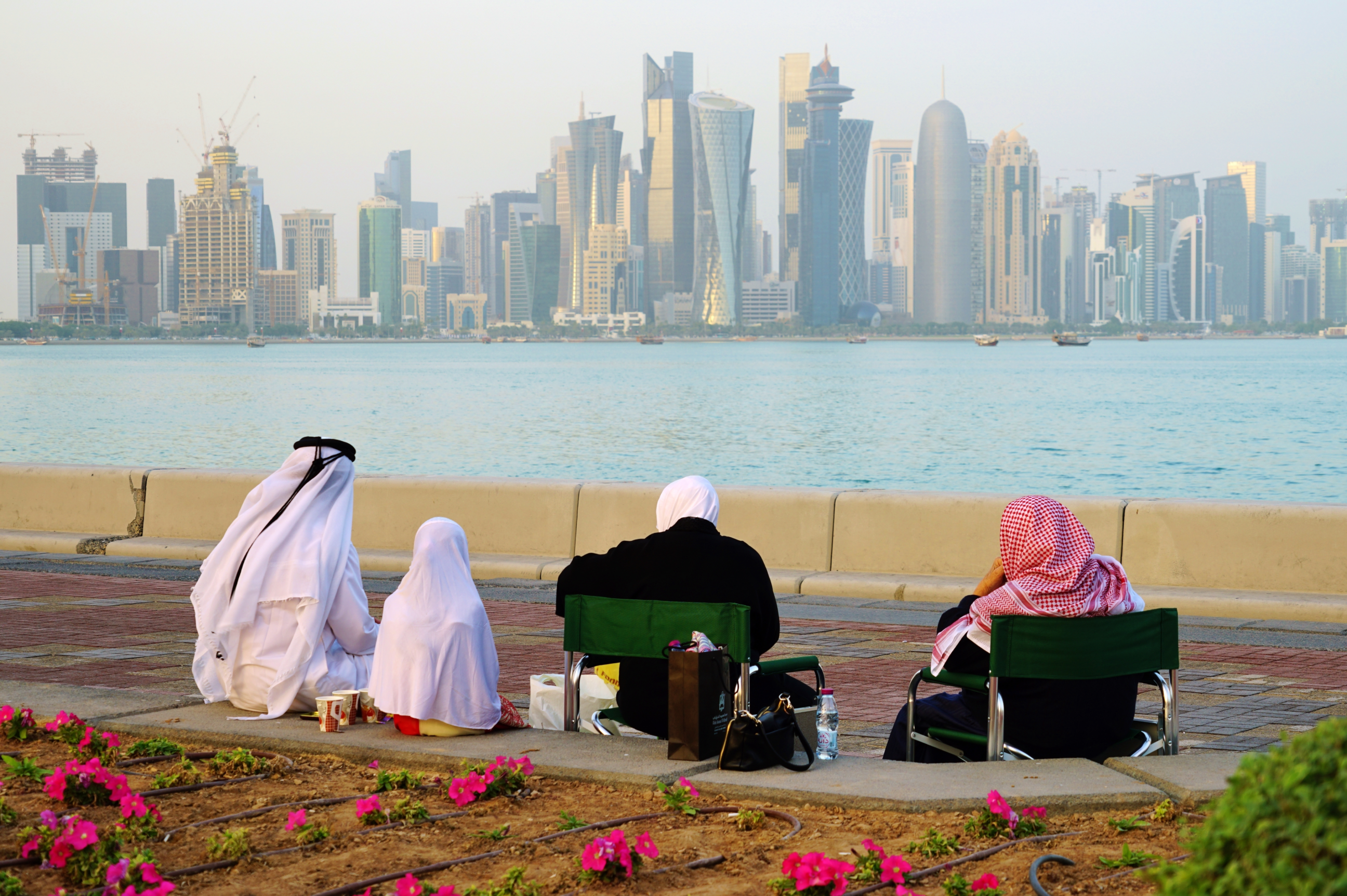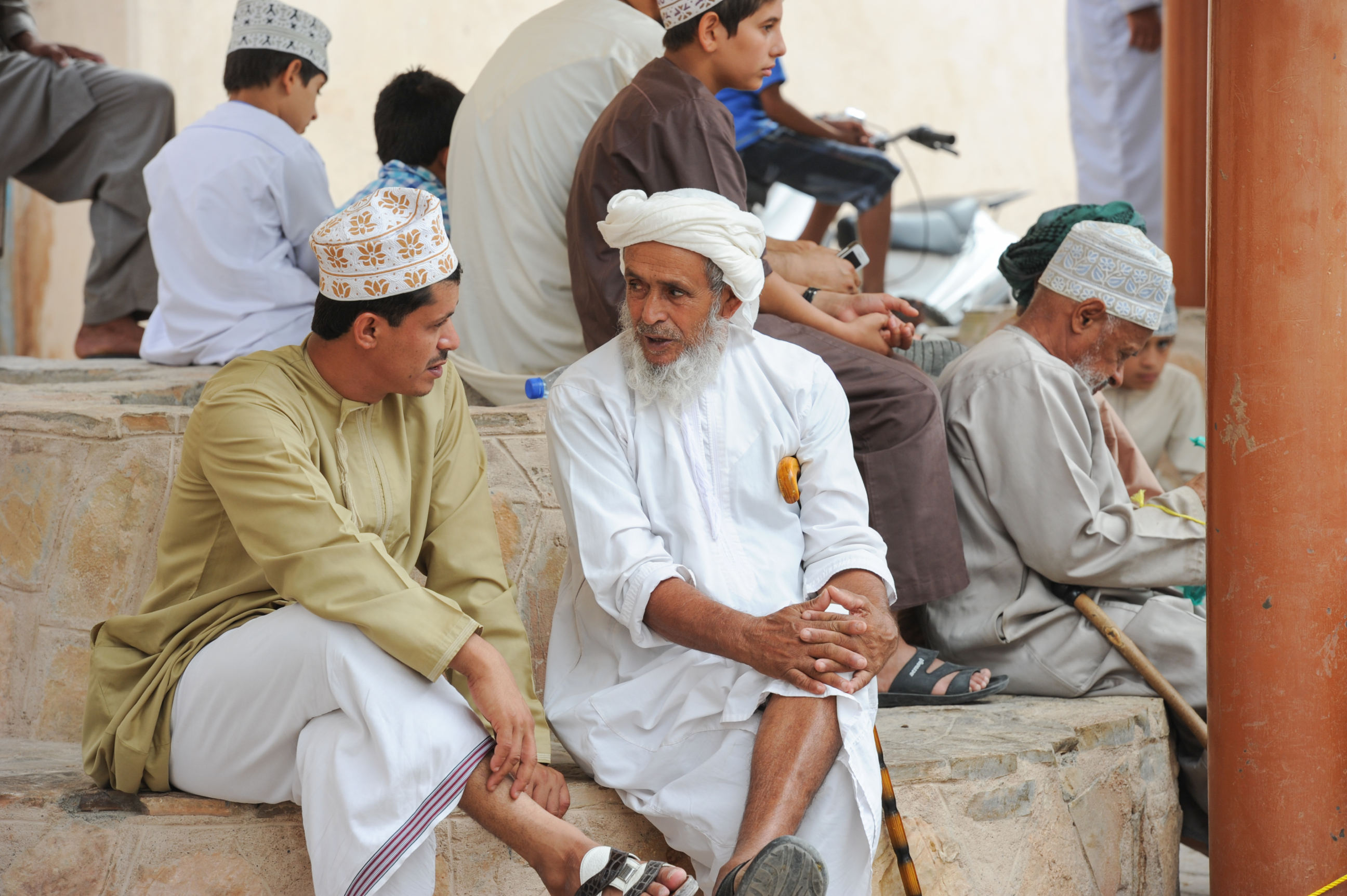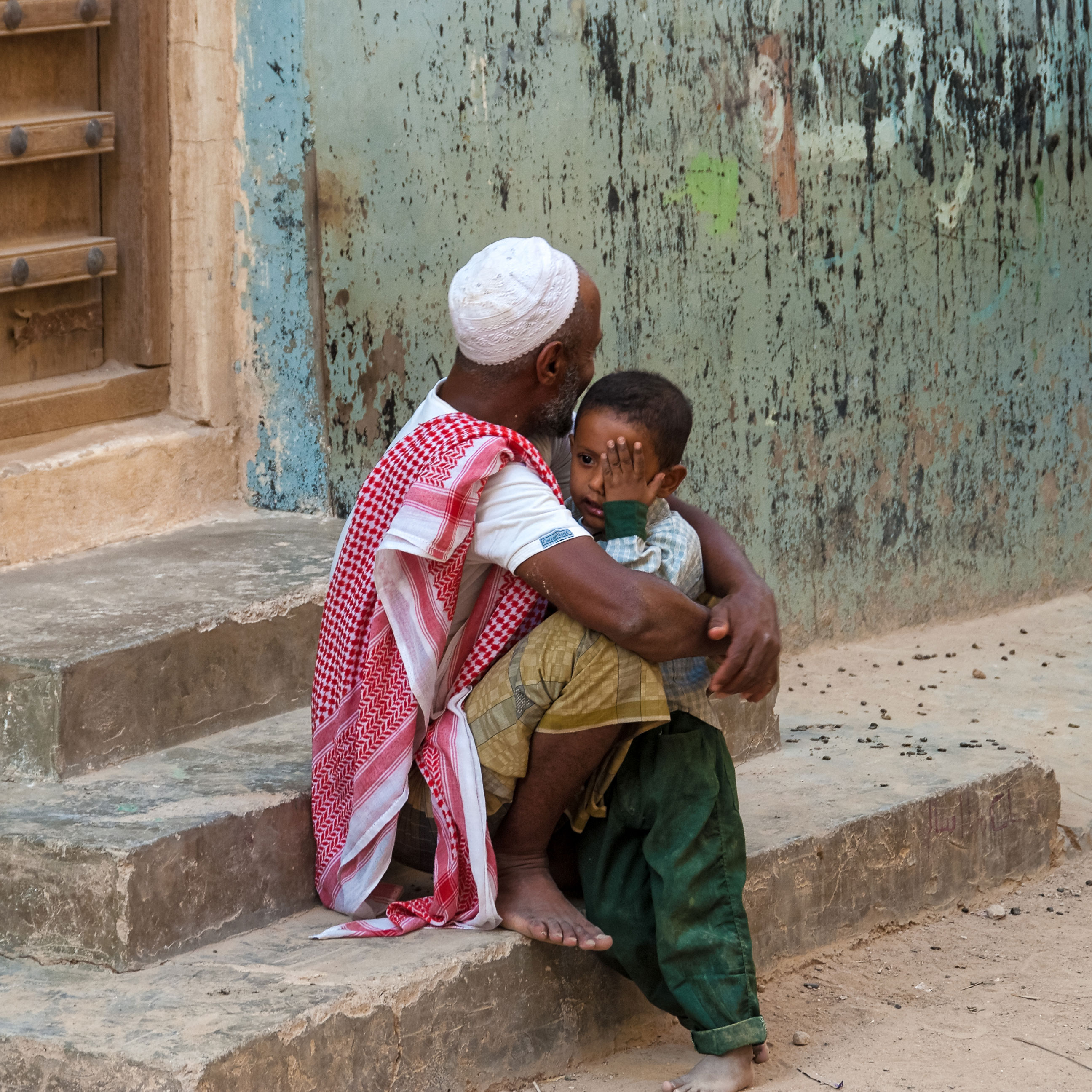A recent analysis by Dr. Todd Johnson of Gordon-Conwell Theological Seminary highlights a stark reality: the Christian population, which constituted 12.7% of the region in 1900, has dwindled to 4.2% in 2020, with projections suggesting a further decline to 3.7% by 2050. Conversely, the Muslim population has increased from 86% in 1900 to 92.4% in 2020, with expectations to rise slightly by 2050. The decline of Christianity is exacerbated by persecution from extremists, particularly in Syria and Iraq, driving a mass exodus of Christians seeking refuge from discrimination and violence.
This situation poses a critical challenge for Christian ministry. The post-2001 reluctance of Western engagement has overlooked the diversity of the Middle East, where extremists do not represent the majority. The region's unreached populations and the Christian minority urgently need the Gospel to be preached.
Global Fellowship is committed to the Middle East, undeterred by opposition to Christianity's growth. Recognizing the urgency of the spiritual crisis facing both believers and non-believers, we are dedicated to delivering the Gospel's transformative message. Our mission is clear: to minister to the people of the Middle East with unwavering dedication, spreading the hope and love of Jesus Christ in a region in dire need of spiritual revival.






Middle East
The Middle East, encompassing Iran, Iraq, Turkey, Syria, Saudi Arabia, Oman, the UAE, Yemen, Jordan, and Cyprus, stands as the birthplace of Islam, Judaism, and Christianity. Yet, it is also a region marred by religious conflict and political upheaval, where the predominance of Islam intersects with a rich but embattled Christian heritage.
A recent analysis by Dr. Todd Johnson of Gordon Cornwell Theological Seminary highlights a stark reality: the Christian population, which constituted 12.7% of the region in 1900, has dwindled to 4.2% in 2020, with projections suggesting a further decline to 3.7% by 2050. Conversely, the Muslim population has increased from 86% in 1900 to 92.4% in 2020, with expectations to rise slightly by 2050. The decline of Christianity is exacerbated by persecution from extremists, particularly in Syria and Iraq, driving a mass exodus of Christians seeking refuge from discrimination and violence.
This situation poses a critical challenge for Christian ministry. The post-2001 reluctance of Western engagement has overlooked the diversity of the Middle East, where extremists do not represent the majority. The region's unreached populations and the Christian minority urgently need the Gospel to be preached.
Global Fellowship is committed to the Middle East, undeterred by opposition to Christianity's growth. Recognizing the urgency of the spiritual crisis facing both believers and non-believers, we are dedicated to delivering the gospel's transformative message. Our mission is clear: to minister to the people of the Middle East.




